In July 2021, China implemented a ban on privateeducational institutions offering for-profit tutoring in subjects taught in schools.
The policy aims to ease the burden on families struggling to pay tuition; and to curb the rampant expansion of capital in the private education industry, which has reached a value of $100 billion (about 2.4 quadrillion VND).
This “double reduction” policy has caused a series of educational institutions to fall into a state of loss or bankruptcy, while “evaporating” billions of dollars from the market value of listed companies, leading to tens of thousands of job losses.
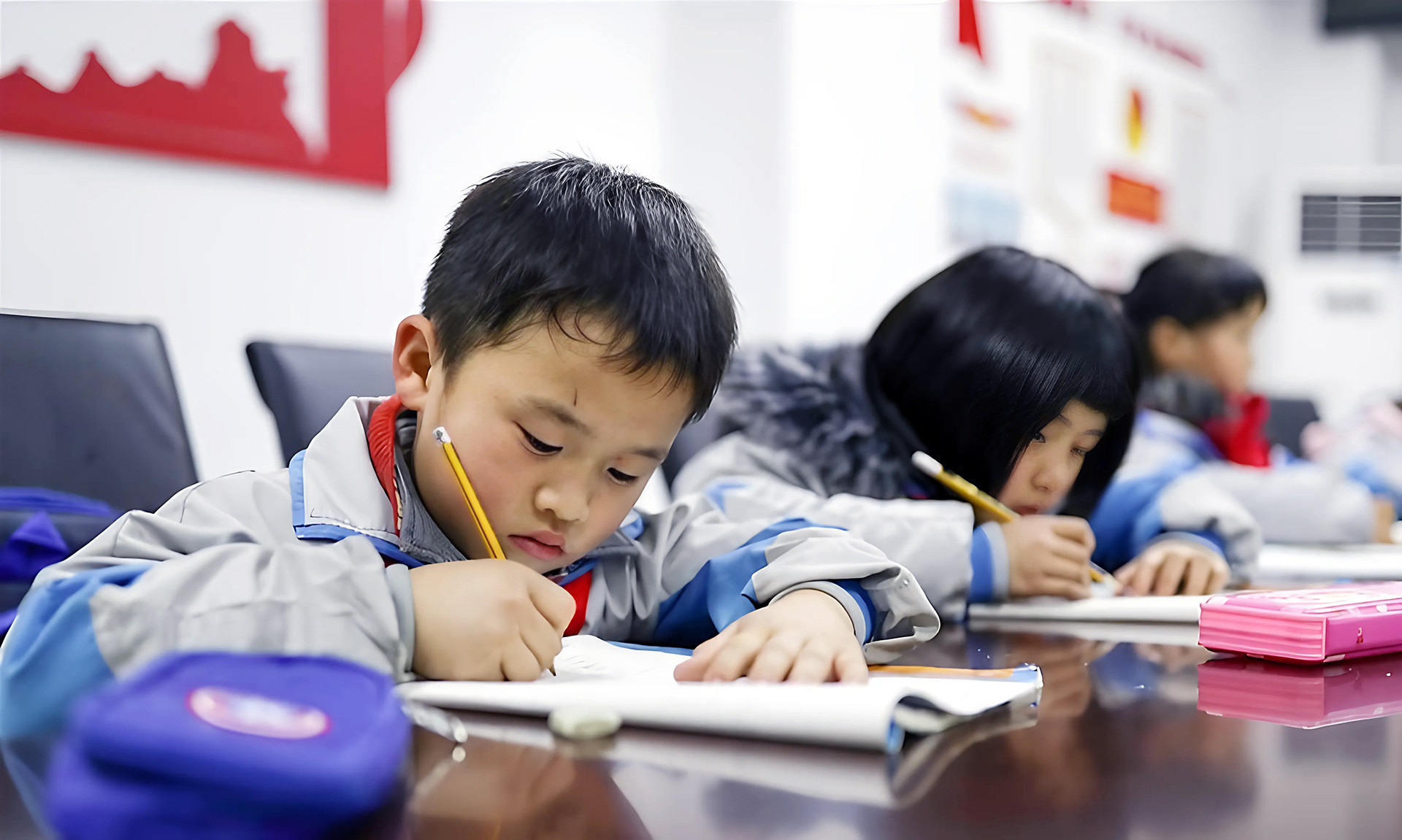
But interviews with parents in cities including Shanghai and Shenzhen show that spending on out-of-school tutoring is actually rising in many households, with parents eager to help their children advance academically turning to expensive underground tutoring services that are proliferating across the country.
This shows that, after two years of implementation, China's campaign to tighten private tutoring has failed to achieve its goals. It also highlights the challenges China faces in addressing some of its long-standing problems, especially its falling birth rate and widening gap between rich and poor.
Many question the effectiveness of the ban, given that the entrance exam system, in which high schools and universities accept students based on scores from exams taken once a year, remains in place. China’s college entrance exam, or gaokao, is notoriously competitive, with more than 10 million students taking it each year. Getting into a prestigious university often means getting a higher-paying job, so the demand for test prep remains strong.
“Our burden hasn’t lessened at all,” said Sarah Wang, a 40-year-old mother who works at an e-commerce company in Shanghai.
She now spends 50% more than before on one-on-one tutoring sessions for her only daughter, who is in fifth grade. When her daughter enters high school and enrolls in more difficult subjects like Physics, the mother estimates that the cost of tutoring, currently around 300-400 yuan per session (about 1 million-1.38 million VND), will increase.
Middle-class parents in other parts of China have had similar experiences, with some paying even higher fees, according to The Straits Times . Many tutors, who used to teach large classes at large education companies, have switched to teaching in small groups or one-on-one to avoid detection by the authorities. To make up for the drop in students, many are charging higher fees.
Cathy Zhu, a financial professional in her 40s who works in Shanghai, said her son's math tutoring class has nearly doubled in price per session.
“As long as the high school and university admission system exists, it is absolutely impossible to reduce private tutoring,” she said.
There are some large-scale online tutoring classes that are allowed and are significantly cheaper, but many middle-class parents are reluctant to adopt them because they fear they lack adequate guidance and supervision.
Private tuition fees, which now exceed 100,000 yuan a year in cities like Shanghai, are blamed for exacerbating social problems including low birth rates and rising inequality. Analysts say the rising cost of raising children, coupled with sky-high housing prices, is discouraging young people from marrying and having children. Poor families cannot afford private tuition, which can put their children at a disadvantage in school and later in their careers.
The competitive gaokao and rapid expansion of universities in China over the past two decades have also led to a glut of graduates with skills employers need. White-collar jobs are increasingly hard to come by for graduates amid a weakening economy , prompting the government to call for more vocational training.
“It is the result of the unsustainable expansion of the higher education system, which is aimed at meeting parents’ expectations that their children do not have to do manual labor to earn a living,” wrote independent analyst Andy Xie, a former Asia economist at Morgan Stanley in Hong Kong, in a July 2024 article. “The solution is to adjust parents’ expectations,” he said.
As the “double reduction” campaign reaches its second anniversary in late November 2024, authorities across China have stepped up scrutiny of the tutoring industry. In a recent article, China Education Daily warned against tutors offering unauthorized academic services disguised as non-academic programs such as singing or drawing.
In Hefei, capital of Anhui Province in eastern China, local authorities conducted 77 raids on educational institutions on June 28, 2024, according to a report by the People's Daily . The report said many of the establishments that violated regulations were operating in hotels and apartment buildings, offering tutoring under the guise of "educational consulting."
Jiangsu, a wealthy coastal province bordering Shanghai, has recently renewed its crackdown on illegal tutoring classes, which are disguised as “family services” or “consulting.” The “double reduction” campaign over the past two years has reduced the number of after-school tutoring companies in the province from nearly 9,000 to just 205.
Fujian Province, located in southeastern China, has launched a similar campaign, mobilizing neighborhood committees to inspect tutoring activities, including summer camps. Local authorities have urged residents to contact government offices to report cases of illegal tutoring.
Meanwhile, Reuters reported in late November that China is quietly loosening regulations on private education companies in an effort to support its slowing economy.
Although government officials have not announced any policy changes, reports say policymakers are now allowing the tutoring industry to grow again. Industry experts say these efforts are aimed at boosting job creation.
Lynn Song, an economist, said China was unlikely to admit that the crackdown on tutoring had been “too harsh”, but regulations would be eased. “The overall policy environment has changed from restrictive to supportive, as the main objective now is economic stability,” he said.



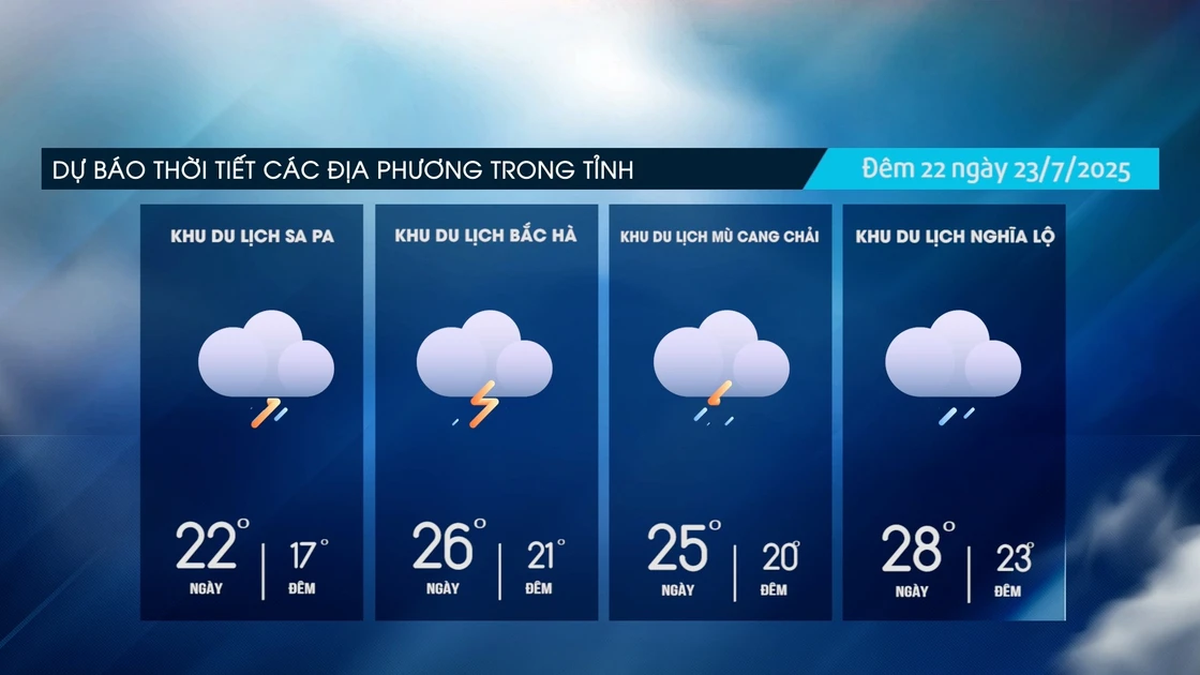
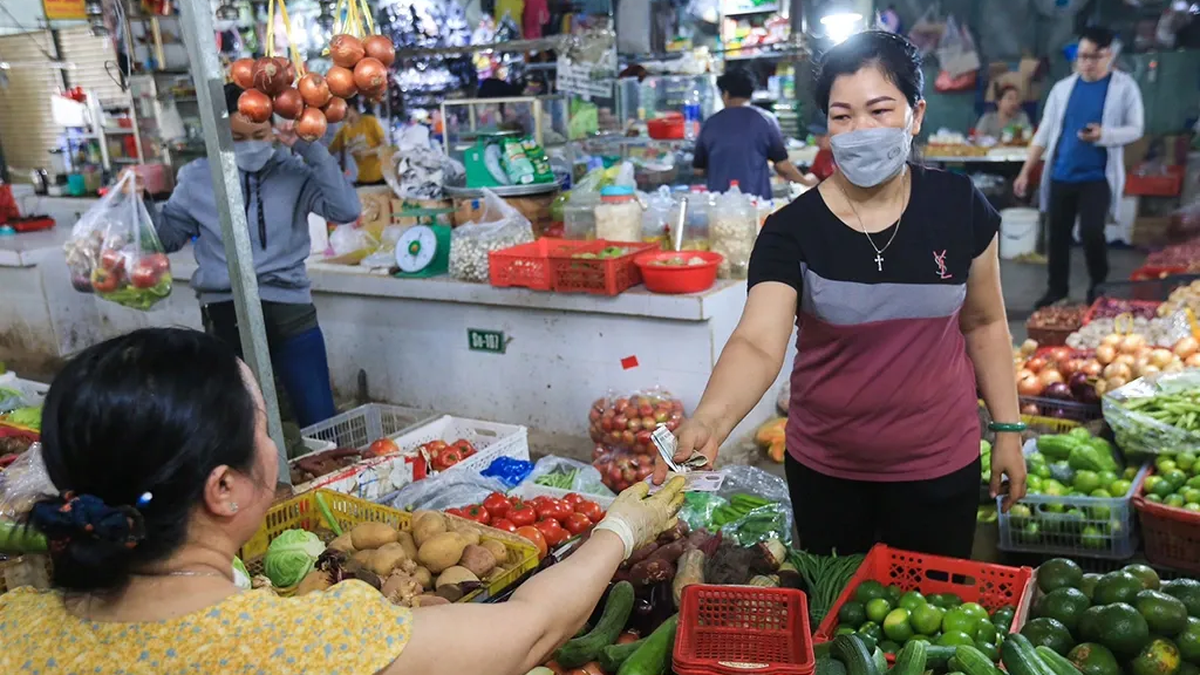
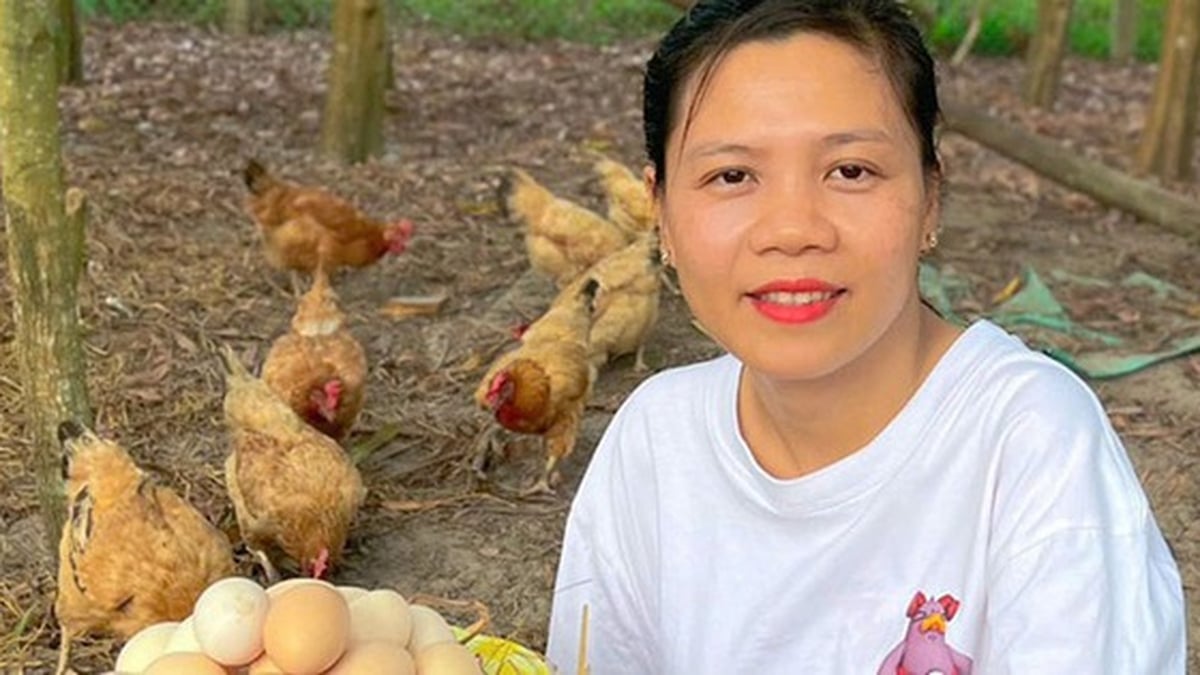
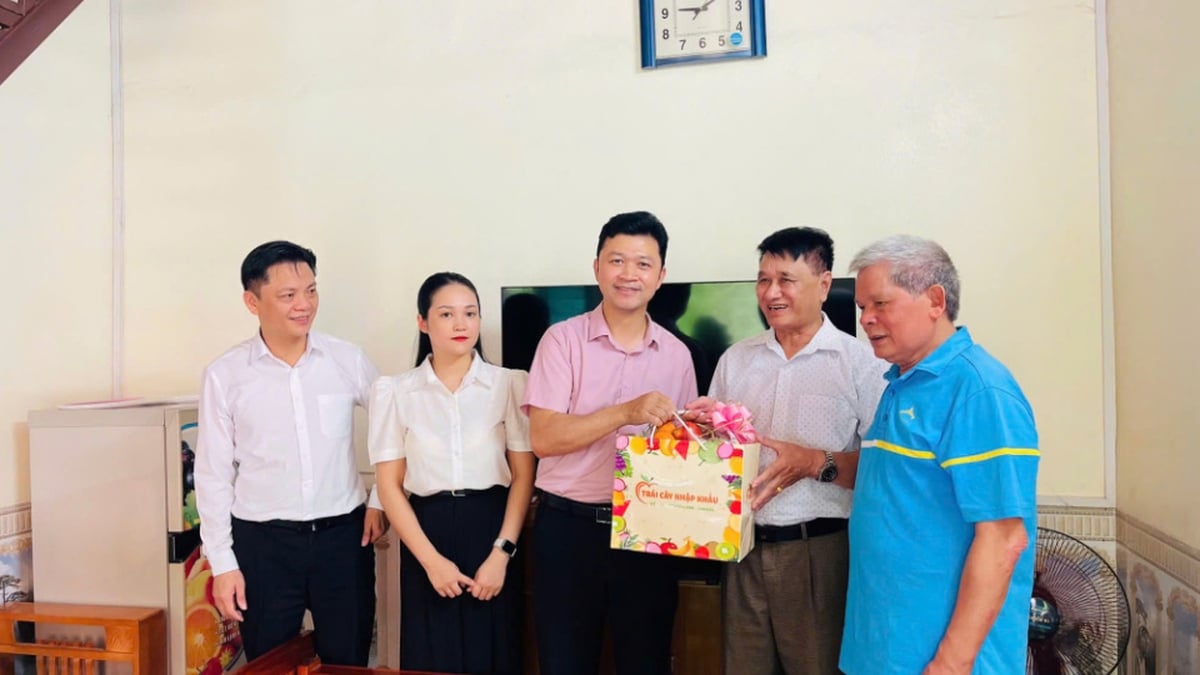
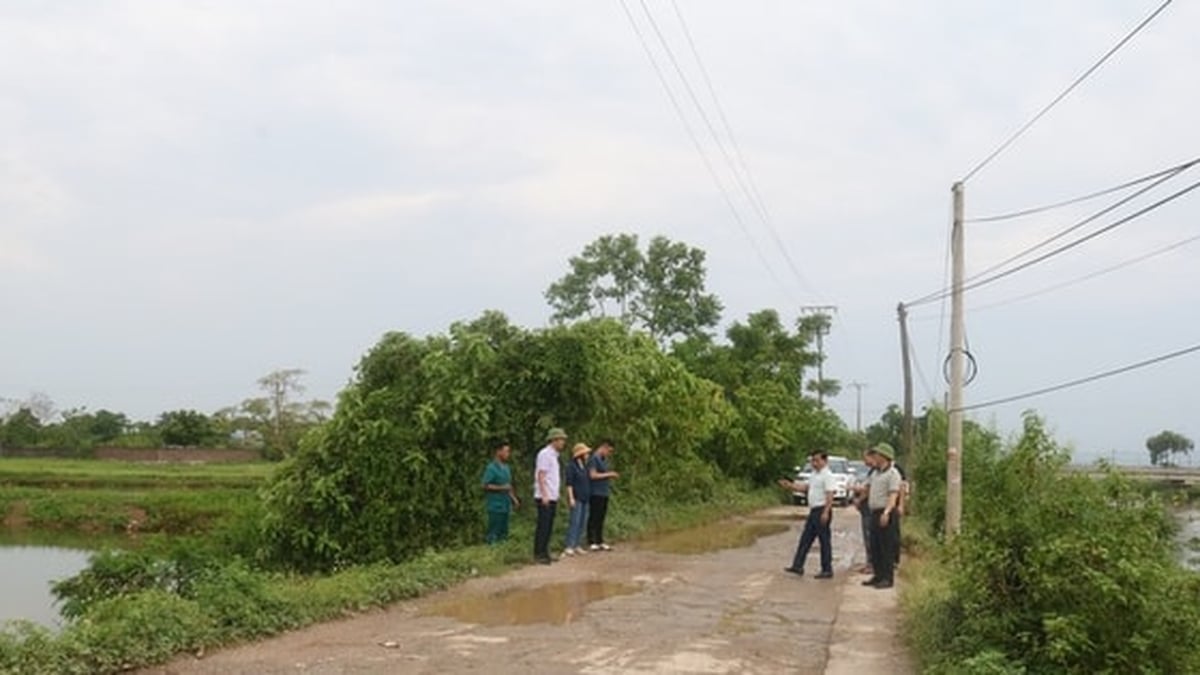

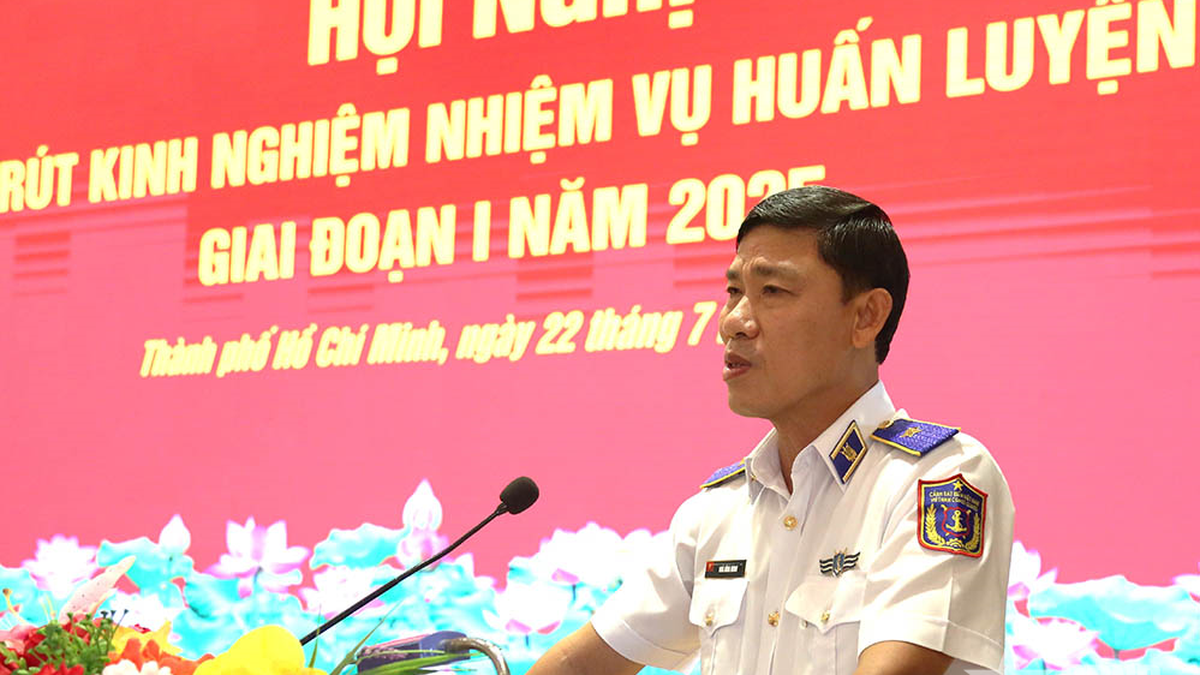
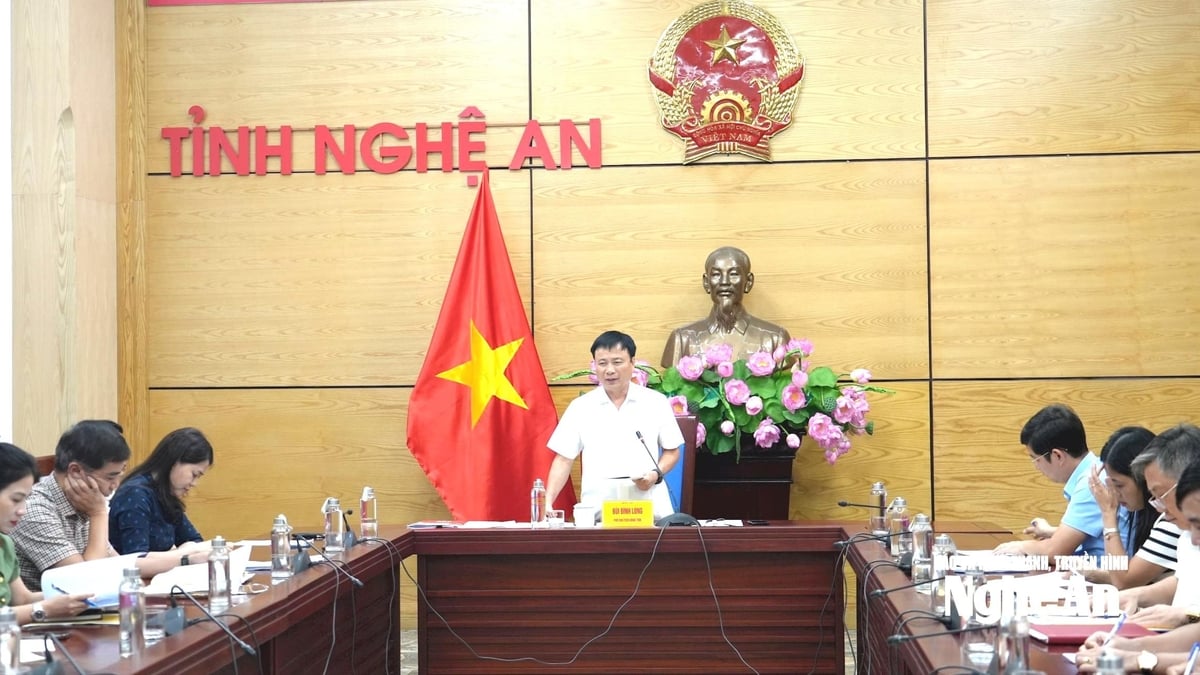
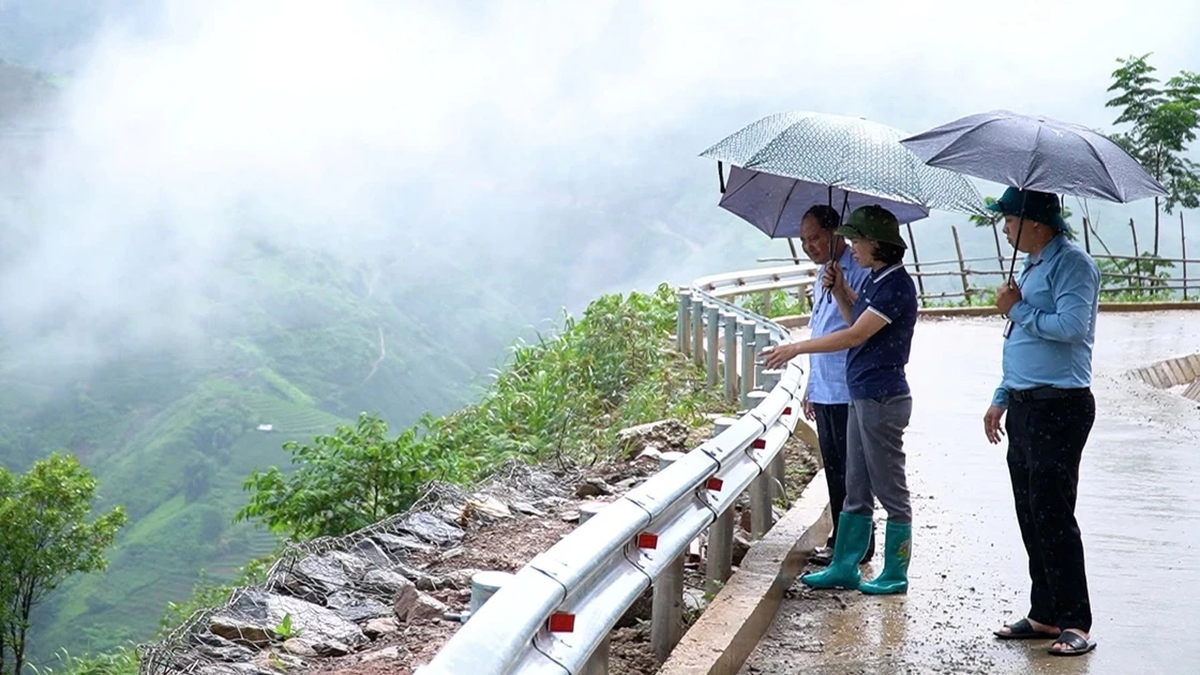
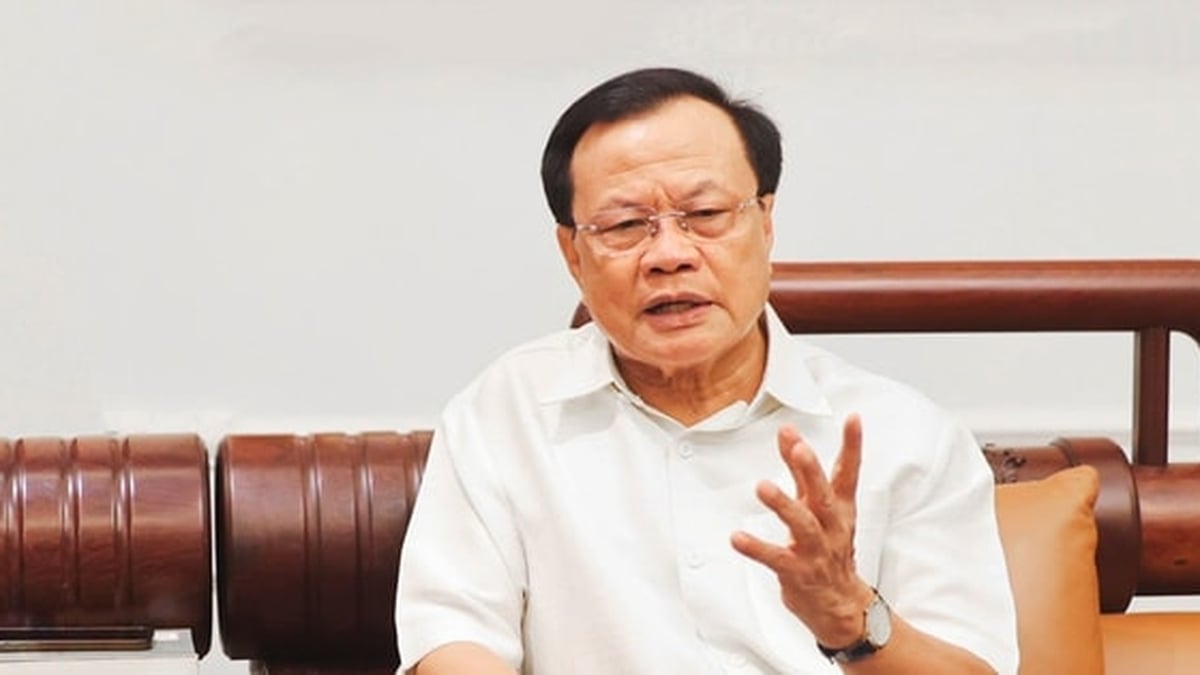




















































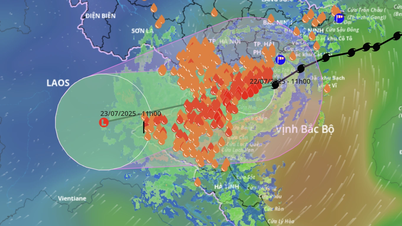
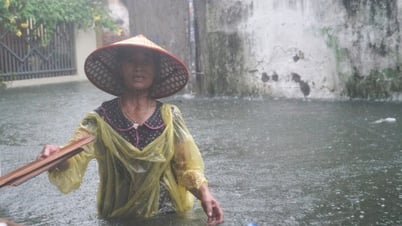





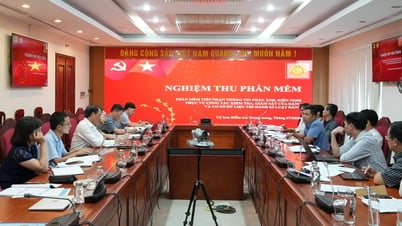





























Comment (0)